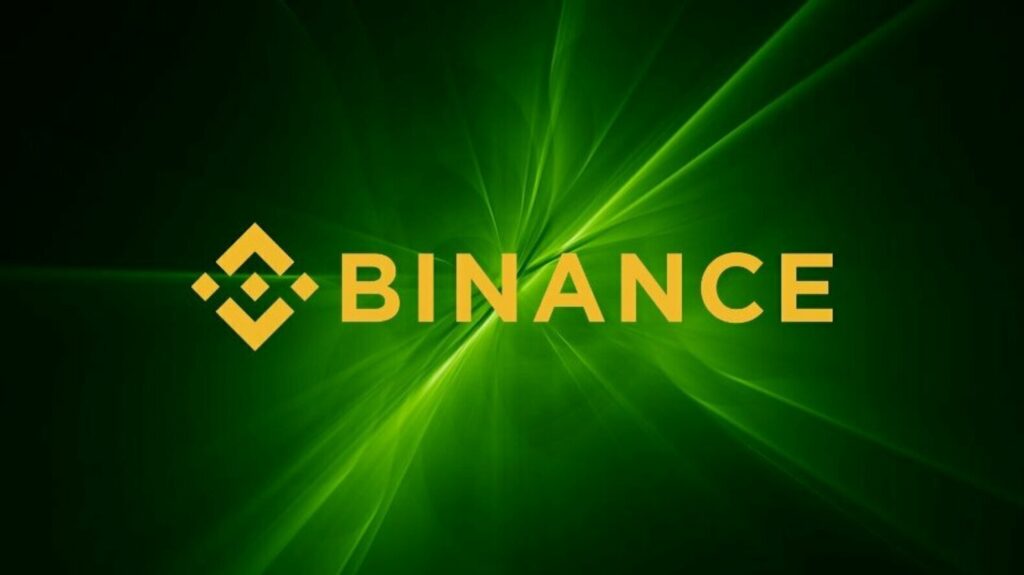
Key takeaways:
- Native tokens of centralized exchanges have been particularly hard hit by the Chinese blanket ban on crypto
- Huobi’s HT token is the biggest loser of the past seven days, down 36% at press time
- The price of BNB remained mostly unaffected by the latest crypto crackdown
After a series of regulatory clampdowns that date back all the way back to 2013, China has decided to issue a blanket ban on all cryptocurrency activity in the country on September 24. As expected, native tokens of crypto exchanges that were offering their services to Chinese users, such as OKB and Huobi token, have been particularly hard hit. However, Binance Coin remained relatively unaffected by the news.
Binance has reportedly stopped dealing with China in 2017
According to a Chinese reporter of Blockchain Daily, Xu Cihau, Binance spokesperson said the exchange stopped offering its products and services to China-based users in 2017. The statement was picked up by Colin Wu, a prominent journalist that covers crypto-related topics and a winner of the 2013 China News Award.
The world’s largest cryptocurrency exchange by trading volume has reportedly withdrawn from the Chinese market due to the concerns and uncertainties surrounding the local laws and regulations. Given the latest developments, Binance’s early exit from the largest Asain market seems like a very savvy business decision.
In the aftermath of Chinese news, the native token of one of Binance’s largest competitors, Huobi Global, has experienced a sharp decline. HT has fallen from roughly $12.1 to $7.2 in the span of 48 hours. Additionally, Huobi announced it plans to retire all users accounts from China by the end of the year. OKEx’ OKB token shared a similar fate, dropping from $16.9 to $10.9 in the same time frame. Both HT and OKB went on a roughly 40% downswing once the news broke.
BNB, on the other hand, slipped from $373 on Sept 24, to $346 in the following two days, thus showing only a 7% loss. Over the course of the year, Binance has taken several major steps in its pivot to proactive compliance. For instance, the exchange has lowered the daily withdrawal limit for Basic users from 2 BTC to 0.06 BTC in July, and made KYC verification mandatory for all users.
China has finally decided to pull the plug on crypto
To those who follow crypto-related news, Beijing’s decision to make all cryptocurrency-related activities illegal is not at all surprising. The Asian superpower has been targeting the blockchain sector since 2013, when it forbade financial institutions from processing Bitcoin transactions.
Earlier in the year, the crackdowns on the industry intensified, with a series of clampdowns aimed at cryptocurrency miners based within the country’s borders. Some analysts are convinced that the government’s ban on crypto is paving the way for the upcoming digital yuan.
Following the news, the prices of decentralized finance (DeFi) protocols, in particular, Uniswap and dYdX surged. Investors are anticipating a large number of Chinese crypto traders will flock to decentralized exchanges (DEX), which function without an intermediary and provide much-needed user anonymity.



